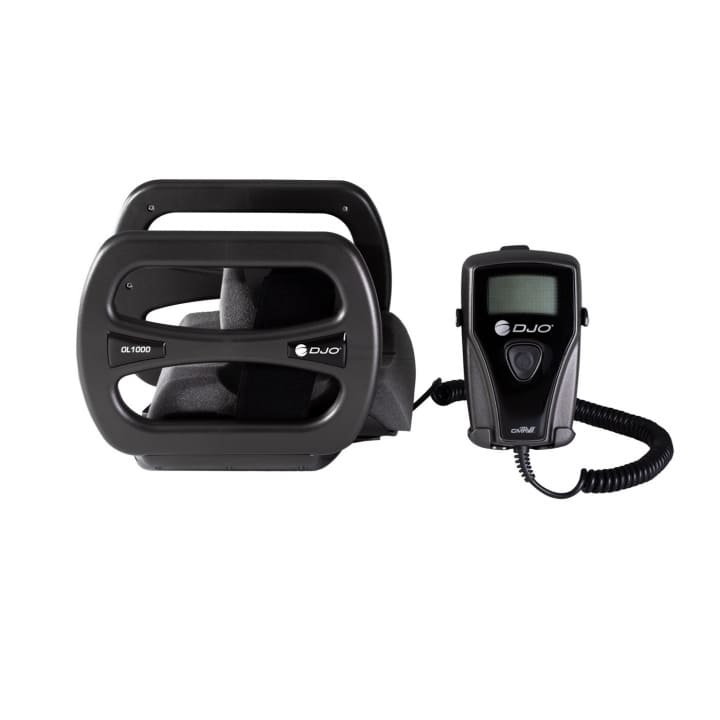This blog post focuses on addressing the frequently asked questions and concerns that patients and their families often raise regarding spinal bone growth stimulators. Whether you’re exploring the possibility of using one of these devices or just seeking information on how they operate, continue reading to discover answers to your queries.
1. What Is a Spinal Bone Growth Stimulator, and How Does It Operate?
A medical device called a spinal bone growth stimulator is designed to improve the healing of spinal bones, particularly after spinal fusion surgery. Its typical mode of operation involves emitting low-level electromagnetic fields that stimulate bone growth precisely at the surgical site. This accelerates and improves the fusion process of the bones.
2. Is Using a Spinal Bone Growth Stimulator Safe?
Indeed, the use of spinal bone growth stimulators is typically regarded as safe when employed in accordance with the guidance of a healthcare provider. These devices have a long history of use with a low incidence of adverse effects. Nevertheless, it’s crucial to adhere to your doctor’s prescribed usage and duration instructions.
3. Are There Any Side Effects?
The side effects associated with using a spinal bone growth stimulator are typically minimal. Some individuals might encounter mild skin irritation at the location where the device is applied, but this usually proves to be temporary and self-resolving.
4. How Long Do You Need to Use a Spinal Bone Growth Stimulator?
The duration of use varies depending on the patient and the specific surgical procedure. Your doctor will provide guidance on the recommended usage period. It can range from several weeks to several months.
5. Are Spinal Bone Growth Stimulators Suitable for Everyone?
Spinal bone growth stimulators may not be appropriate for all patients. Your doctor will evaluate your specific condition and medical background to determine if they are a suitable choice for you. Factors such as the presence of pacemakers or other medical devices can potentially make their use unsuitable.
6. Is the Cost Covered by Insurance?
The extent of insurance coverage for spinal bone growth stimulators can differ. It’s crucial to verify with your insurance provider to ascertain whether they include the device and the conditions under which it is covered. Your healthcare provider can also offer assistance in navigating this inquiry. If you’re a Medicare Benefactor, click the image above or this link to verify your eligibility.
7. Do Spinal Bone Growth Stimulators Ensure Successful Fusion?
Although these devices notably enhance the likelihood of achieving successful bone fusion, there are no definitive guarantees in the field of medicine. The achievement of successful fusion also hinges on various factors such as surgical technique, overall health, and compliance with post-operative guidelines.
8. Can I Maintain a Regular Lifestyle While Using a Spinal Bone Growth Stimulator?
For the most part, patients can carry on with their usual daily routines while using a spinal bone growth stimulator. These devices are designed to be user-friendly and unobtrusive, allowing for minimal disruption to one’s lifestyle.
9. Are There Other Options Besides Spinal Bone Growth Stimulators?
Your healthcare provider will engage in a thorough discussion of potential treatment alternatives with you. These alternatives may encompass various surgical methods or strategies, with the selection contingent on your unique medical condition and requirements. If you’re looking for a different types of BGS (Bone Growth Stimulators) we have a variety of BGS in our product page or go check this other blog for better understanding.
10. How Can I Get More Information?
For personalized guidance and answers to your specific questions, consult with your orthopedic surgeon or healthcare provider. They can provide you with the most accurate and tailored information about spinal bone growth stimulators. We also have a variety for bone growth stimulators listed in our product page. If you are a Medicare benefactor, you can go to our contact page to connect to a customer support team and get further information.
Remember that knowledge is a powerful tool when it comes to medical decisions. If you or a loved one is considering the use of a spinal bone growth stimulator, consult with your healthcare team to make informed choices about your treatment plan.



 888-616-4156
888-616-4156 





